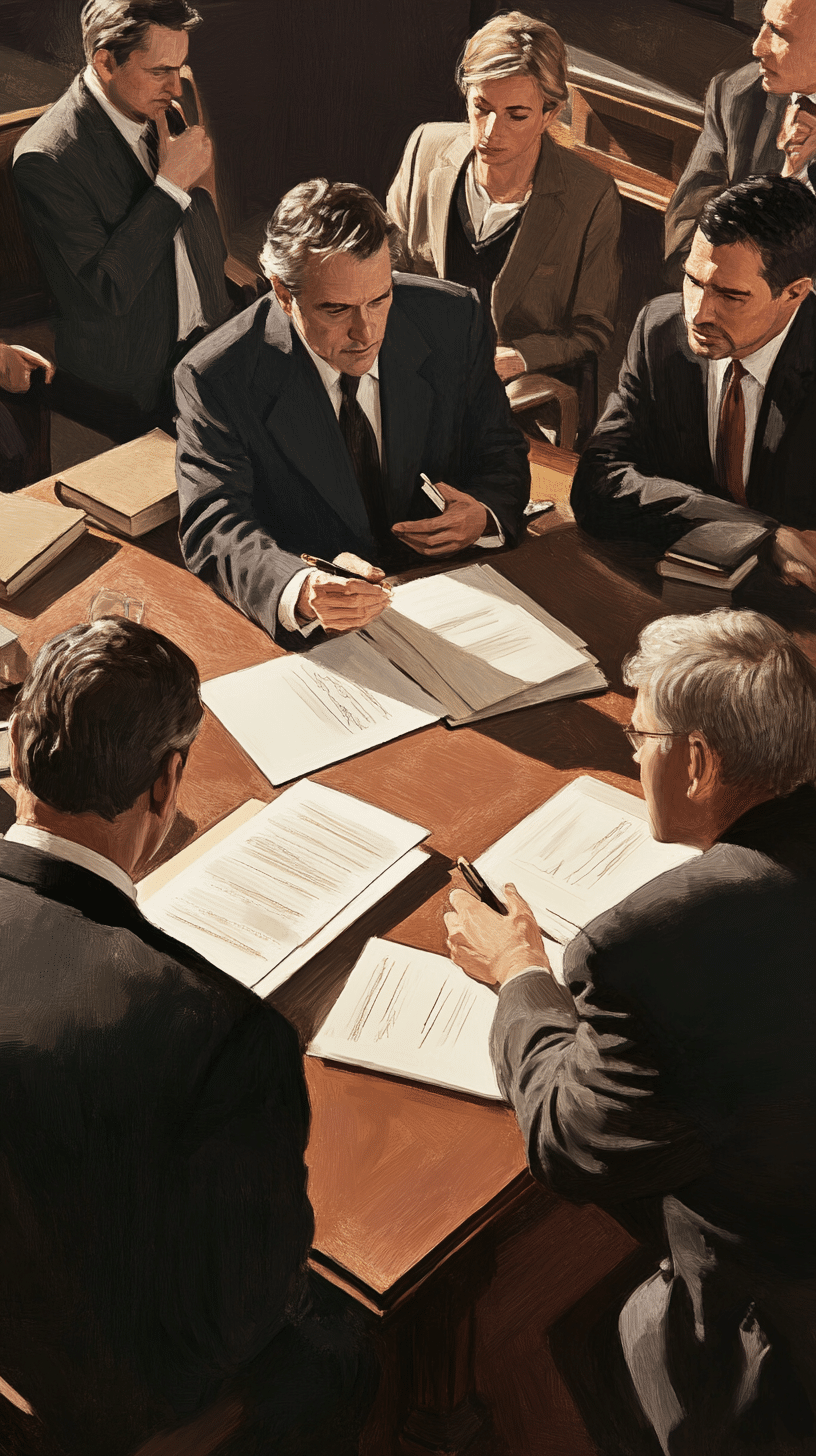Matter of State of New York v Motzer, 2010 NY Slip Op 09688 (4th Dept. 2010)
“Respondent contends that the court erred in allowing petitioner’s expert psychologist to offer an opinion because that opinion was based in part on interviews with collateral sources who did not testify at trial, i.e., respondent’s treatment providers at the psychiatric hospital. We reject that contention. The professional reliability exception to the hearsay rule “enables an expert witness to provide opinion evidence based on otherwise inadmissible hearsay, provided it is demonstrated to be the type of material commonly relied on in the profession” (Hinlicky v Dreyfuss, 6 NY3d 636, 648; see Hambsch v New York City Tr. Auth., 63 NY2d 723, 725-726; Matter of Murphy v Woods, 63 AD3d 1526). Here, the expert testified that the statements of a respondent’s treatment providers are commonly relied upon by the profession when conducting a psychological examination to determine whether a respondent is a dangerous sex offender requiring confinement (see generally People v Goldstein, 6 NY3d 119, 124-125, cert denied 547 US 1159).
We reject respondent’s further contention that the court erred in allowing petitioner’s expert psychologist to give hearsay testimony regarding her conversations with respondent’s treatment providers. ” [H]earsay testimony given by [an] expert[] is admissible for the limited purpose of informing the jury of the basis of the expert[‘s] opinion[] and not for the truth of the matters related’ ” (Matter of State of New York v Wilkes [appeal No. 2], 77 AD3d 1451, 1453). The expert gave limited hearsay testimony on direct examination with respect to a conversation she had with one of respondent’s treatment providers, and she testified that she relied on the hearsay information to form her opinion on the case. We thus conclude that the limited amount of hearsay information was “properly admitted after the court determined that its purpose was to explain the basis for the expert[‘s] opinion[], not to establish the truth of the hearsay material, and that any prejudice to respondent from that testimony was outweighed by its probative value in assisting the [court] in understanding the basis for [the] expert’s opinion” (id. at 1453).
I guess Judge Sweeney was correct in Primary Psychiatric Health, P.C. v. State Farm Mut. Auto Ins. Co., 15 Misc.3d 1111(A)(Civ. Ct. Kings Co. 2007).












